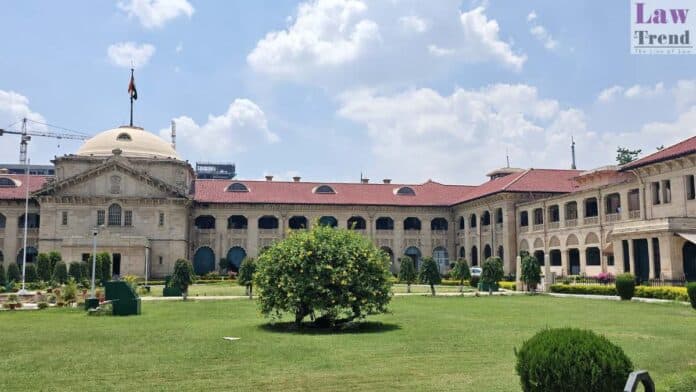In a noteworthy ruling, the Allahabad High Court has observed that charges of cheating and criminal breach of trust cannot simultaneously be made out on the same set of facts. This decision was delivered by Justice Saurabh Shyam Shamshery while hearing Application U/S 482 No. – 4769 of 2024, filed by Priyanka Gupta and Rahul
To Read More Please Subscribe to VIP Membership for Unlimited Access to All the Articles, Download Available Copies of Judgments/Order, Acess to Central/State Bare Acts, Advertisement Free Content, Access to More than 4000 Legal Drafts( Readymade Editable Formats of Suits, Petitions, Writs, Legal Notices, Divorce Petitions, 138 Notices, Bail Applications etc.) in Hindi and English.




